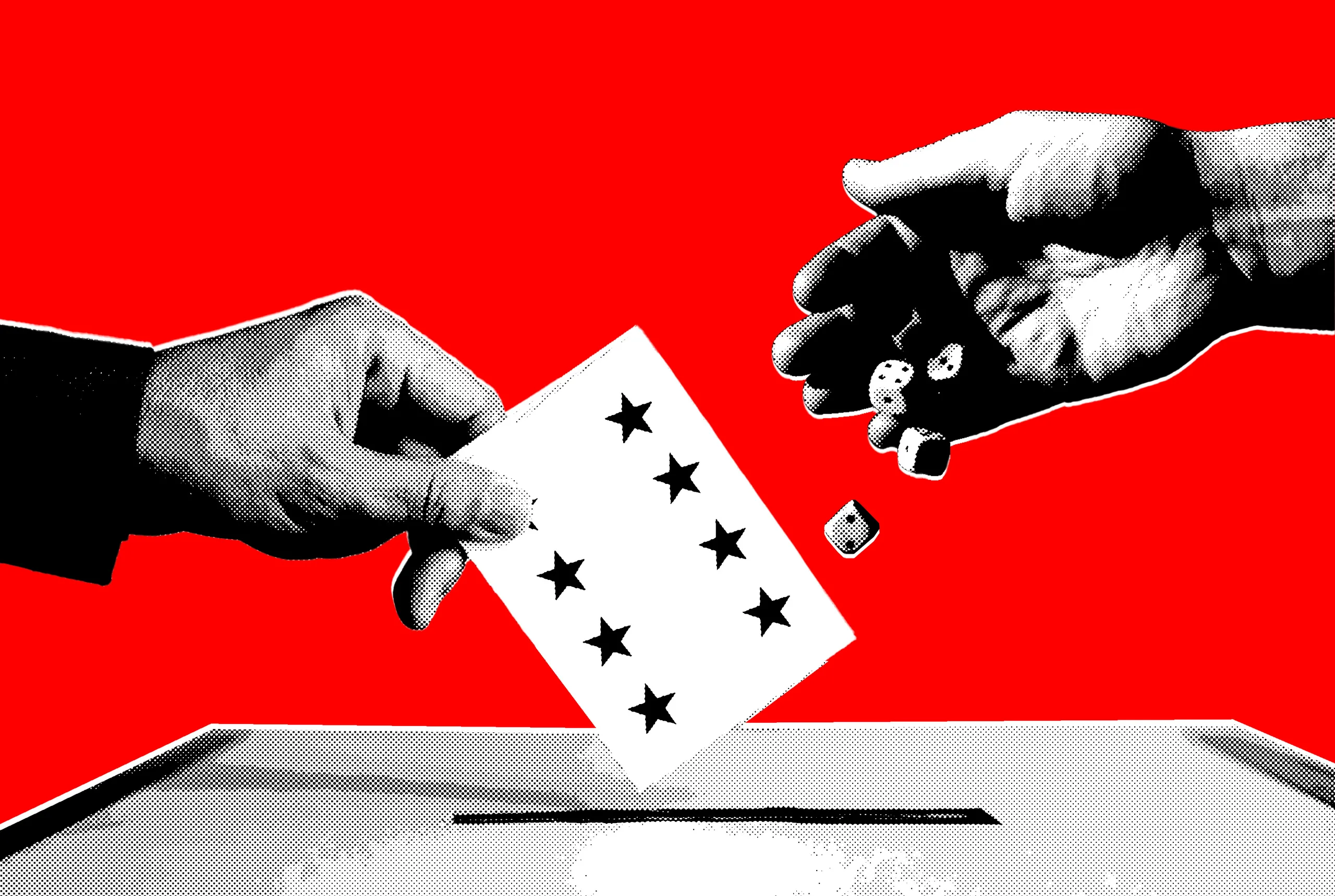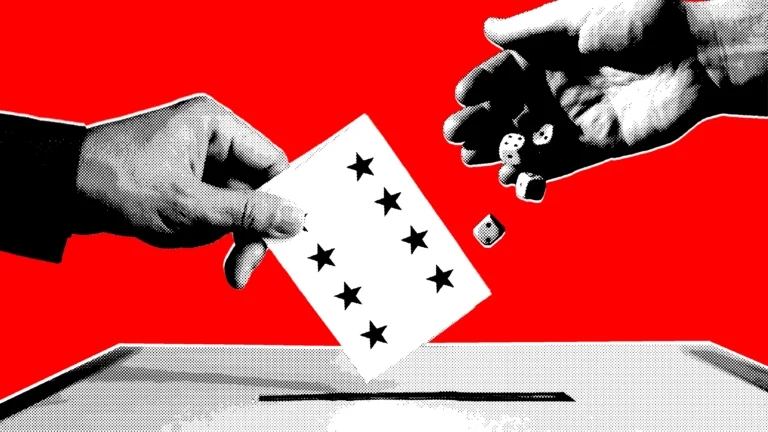Hook: Imagine betting millions on an election, only to watch as the odds shift uncontrollably. What’s happening on Polymarket might change how we see prediction markets—and the future of betting itself.
Polymarket, a decentralized prediction platform, has recently been stirring up questions around big bets on the U.S. election, especially involving a high-stakes bettor with huge sums on Donald Trump. But here’s the twist: Polymarket claims there’s no sign of market manipulation. This statement has ignited intense discussion, as prediction markets are often thought to show real-time public opinion more accurately than traditional polls.
Key Concepts and Terms:
- Prediction Market: This is a market where people place bets on future events (like elections), and it can reflect public sentiment at any moment. Polymarket is one such platform that operates on blockchain, aiming to make predictions based on real-time bets.
- Market Manipulation: This is when someone tries to control or unfairly influence market prices or odds. It’s a big concern in any trading environment, especially one with high stakes like a presidential election.
- Liquidity: Liquidity is all about how much trading activity is happening. If there’s high liquidity, it’s easy to buy or sell at a fair price. Low liquidity, however, makes it hard to trade without moving the odds significantly, which happened to one Polymarket trader here.
What’s Happening with Polymarket?
The drama began when a single large bettor poured millions into predicting Trump’s win on Polymarket. This raised concerns that this “whale” (a person or group betting large sums) might be skewing the odds to make it look like Trump was favored. However, Polymarket conducted an investigation and argued there was no manipulation, stating this person was simply betting based on their own belief in Trump’s win.
Key Event: The “Slippage” Issue
One trader, “GCorttell93,” placed a massive $3 million bet on Trump all at once. This sudden move caused “slippage,” meaning the price moved dramatically, with GCorttell93’s bet pushing Trump’s odds as high as 99.7%! Slippage like this happens in markets with low liquidity, meaning there weren’t enough other bets to absorb that big trade. The odds quickly returned to normal, but this moment highlighted Polymarket’s illiquidity.
Why Does This Matter?
Polymarket’s election betting may sound like just another gambling game, but it reveals something bigger about prediction markets and even the way we measure public opinion. Prediction markets have the potential to capture public sentiment faster than traditional polls, especially for fast-moving events like elections. However, low liquidity and big trades can lead to strange situations where the odds don’t represent reality accurately. This is a reminder that these platforms are still evolving.
Steps to Understanding Polymarket’s Impact:
- Recognize Prediction Market Dynamics: Prediction markets like Polymarket rely on bets to predict events. When many people participate, the odds reflect a more realistic view of public sentiment. But when a few big players control the odds, it can become biased.
- Watch for Market Manipulation Signs: Learn to notice when someone might be influencing odds or prices unfairly. This understanding helps separate genuine predictions from distorted ones.
- Understand the Role of Liquidity: In low-liquidity markets, big trades can mess with prices, causing “slippage.” This means the market’s odds might temporarily misrepresent the actual chances of an event.
- Know the Difference Between Polls and Prediction Markets: Unlike polls that try to reflect voter intentions within a certain margin, prediction markets are about winning bets, which can make their odds more volatile.
Why This Knowledge is Powerful
By understanding prediction markets, you gain insights into both betting and the psychology of public opinion. These markets show how people react to real-time events, but they’re also vulnerable to manipulation when few people control most of the money. As decentralized markets evolve, the potential for these platforms to offer a real glimpse into public sentiment might only increase, shaping our future understanding of betting and elections alike.



